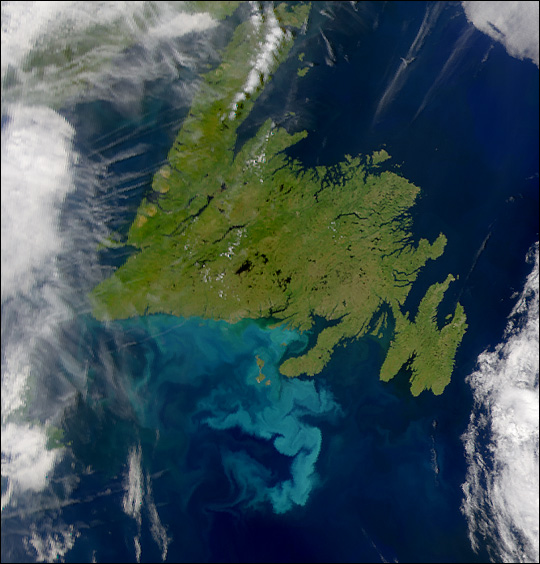Most people associate Newfoundland with its impressive whale population, rich history, wonderful wildlife, and incredible people. But when and where was this Newfoundland found?
On August 5, 1983, Humphrey Gilbert, an English explorer under the royal charter of Queen Elizabeth I, founded Newfoundland and established it as England’s first overseas colony. On arriving at the port of St John, Gilbert’s ship was first blockaded by Portugee’s fishing fleet on account of attempted piracy in 1582. After overcoming the resistance, he took possession of Newfoundland, including the land (200 leagues to the North and South.) This involved cutting turfs as a symbol of the transfer of possession and levying taxes on all fishermen from different countries operating within Newfoundland’s banks. After that, Newfoundland became Britain’s oldest colony.
Even though John Cabot, an Italian Navigator, preceded Humphrey in 1497 under the commission of King Henry VII of England, Sir Humphrey formally made Newfoundland England’s colony. Humphrey found numerous English, Portuguese, and French vessels at St John’s, but no permanent European settlement existed. Unfortunately, Humphrey got lost in the sea on his return voyage, delaying Britain’s settlement plans for a while.
In July 1596, William set sail from Aberdeen to Newfoundland and returned in 1600. On 5th July 1610, John Guy, having gathered enough information from the two previous voyages, set sail with 39 other colonialists. John Guy, a key figure in Newfoundland’s history, made significant developments by establishing the first year-round settlement, commonly known as Cuper’s Cove. His contributions to Newfoundland’s history are significant and continue to shape our understanding of the past.
After a long and rich history under British rule from 5th August 1593, Newfoundland made a significant decision in 1949. It joined Canada, marking a pivotal moment in its history. This transition not only shaped its future but also had significant political, economic, and social implications for the region. It changed the governance structure, influenced cultural dynamics, and opened up new opportunities for the people of Newfoundland.

